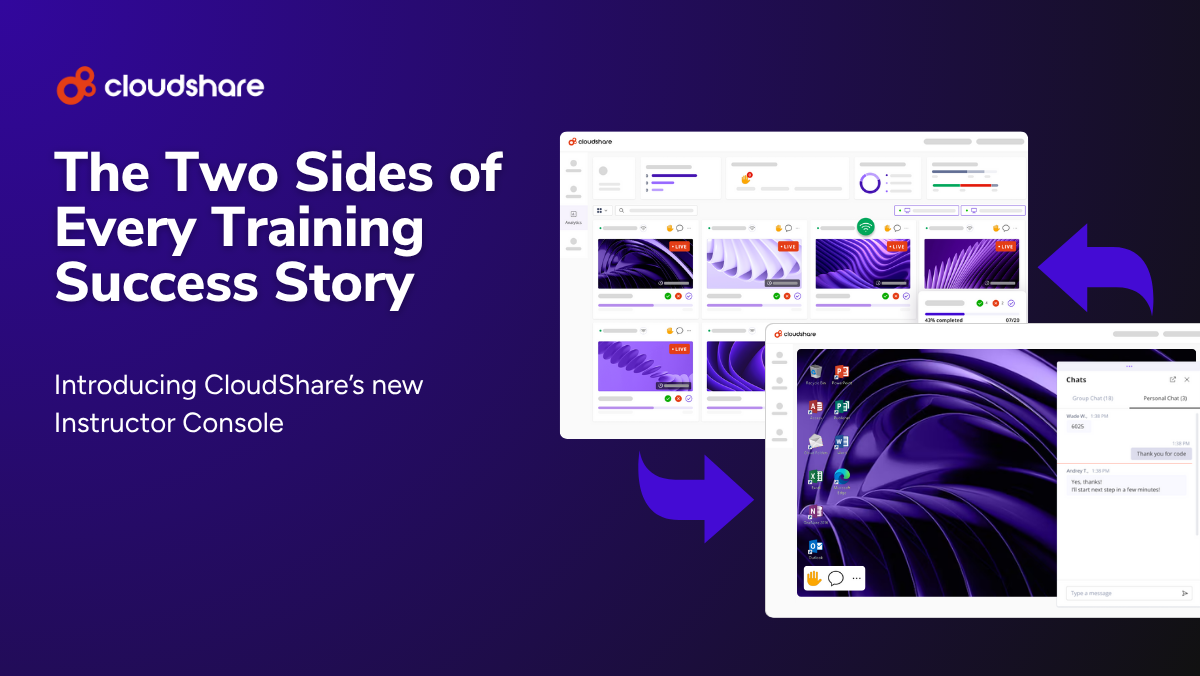
Looking for new ways to optimize your business processes and build more efficient protocols to promote financial growth? What you need is an approach to revenue operations (RevOps). While it may just sound like a buzzword, RevOps is becoming an integral part of how modern businesses craft excellent customer experiences.
Let’s talk about revenue operations, what it entails, why your business needs it, what steps make up an effective approach, and what you can do to enable a successful RevOps push for your company.
What Is Revenue Operations?
RevOps is the process of focusing all your sales and marketing efforts towards customer enablement and customer success, resulting in better accountability among teams and higher revenue margins.
RevOps focuses on four main aspects of a business’s ability to maintain positive consumer experiences.
Sales Enablement in a new word: Challenges, Skills and Tech – Webinar

Collaboration
Chances are that your business has a marketing department, a sales team, and a customer service group. Talent from these teams contribute to revenue operations, so ensure that they all communicate effectively when accomplishing their goals.
Above all, no department should have full reign over the process. Each team contributes evenly to the success of the business. Only this approach enables a well-rounded consumer experience that delivers results.
Processes
Tying into the previous point, build business processes that promote collaboration among RevOps teams. It’s worth talking with the heads of each department to develop a way to share data efficiently.
Technologies like CRM (consumer relations management) software are integral in this endeavor. You also want a feedback loop so that teams can provide advice to each other on how to improve. Is a certain aspect of your process slowing you down? Ensure that everyone can communicate issues like this.
Data
It’s not about how much data you can collect but rather whether you can reach the right type of data for your revenue operations. You need to ask yourself what your target is for adopting RevOps.
To achieve high-quality data that is the most useful for your company, think about the data points most relevant to your consumer experiences. You want to collect information on each client’s name, location, preferences, and other details. Use online surveys, usage data, and other sources to do so.
You need to choose key performance indicators, or KPIs, as well. This figure shows how successful your RevOps efforts are. Examples include the number of new clients, new page views, submitted forms, satisfaction scores from customers, and others.
Another metric to cover is LTV (customer lifetime value), which you want to maximize. Customers with high LTV contribute to the long-term profitability of your company, as they often spend the most.
Technology
Modern businesses gain an advantage over traditional ones by using technologies such as CRM software, automation tools, and communication suites. These tools are necessary for raising efficiency, reducing costs, and streamlining processes.
A CRM should serve as the central collaboration platform for your sales, marketing, and customer service teams. Relevant data should flow in smoothly so that RevOps can analyze it and generate next steps accordingly.
The Need for Revenue Operations Training
Does your company suffer from fragmentation among departments in which insufficient communication and mixed priorities result in low efficiency?
What you need is better professional training toward RevOps. CloudShare is the ultimate provider of flexible, virtual IT labs optimized for the delivery of training, sales demos, proofs of concept, and support.
See why recognizable brands like VMware, Check Point Software Technologies, SAI Global, and Mulesoft already use our services. Get started with us today and find out what rewards you can get from a new focus on revenue operations.



